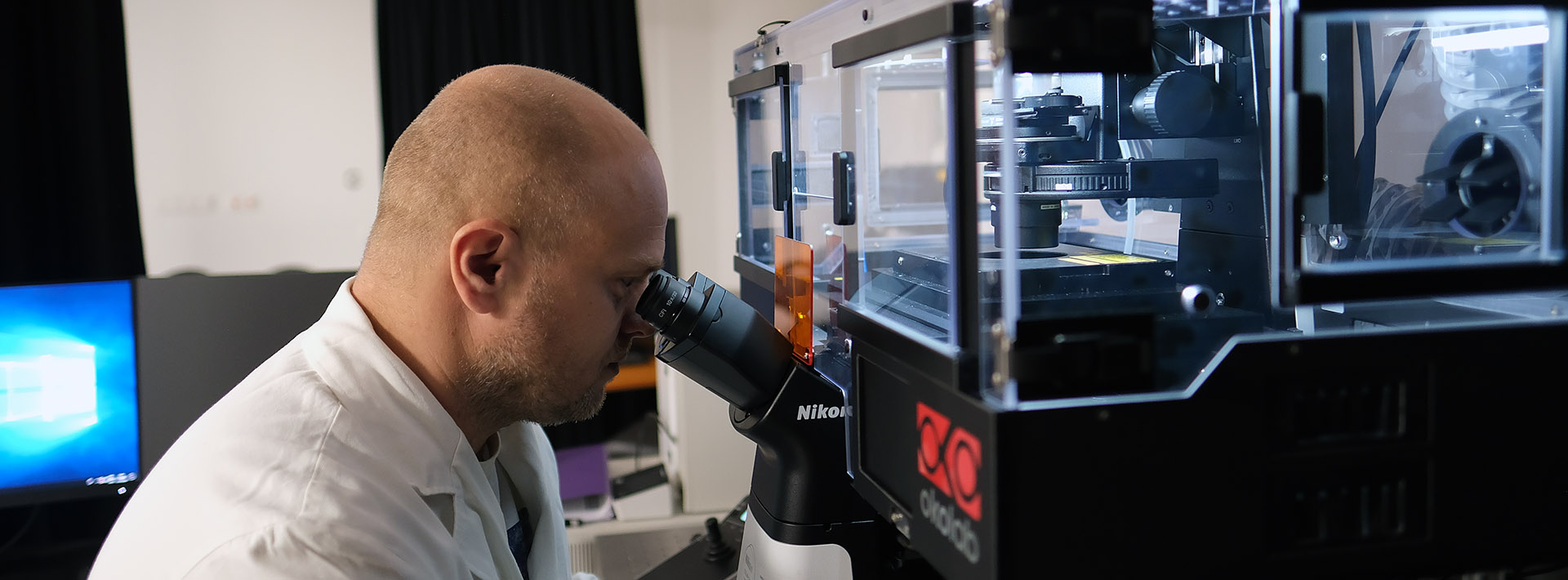Daten
Offizielle Daten in der Fachveröffentlichung für das folgende akademische Jahr: 2024-2025
Lehrbeauftragte/r
-
Péczely László Zoltán
associate professor,
Institute of Physiology -
Semesterwochenstunden
Vorlesungen: 12
Praktika: 0
Seminare: 0
Insgesamt: 12
Fachangaben
- Kode des Kurses: OSF-GD1-T
- 1 kredit
- Dentistry
- Optional modul
- autumn
keine
Zahl der Kursteilnehmer für den Kurs:
min. 5 – max. 15
Erreichbar als Campus-Kurs für . Campus-karok: BTK GYTK TTK
Thematik
The course aims to introduce students to the fundamental principles and complexities of human thought. Using a holistic approach, the course will explore the related problems of how correct inference and cognition are possible, applying the tools and results of philosophy, mathematics and neuroscience. The human thinking is based on similarity, analogy, which is the basis of the concepts of differential diagnosis and differential therapy in the field of medicine. In both clinical practice and research, the correct inference and the correct interpretation of data are very important in order to make possible what is perhaps the ultimate goal of science, successful prediction.
In the first semester, after a brief philosophical introduction, we will deal with the theory of deductive and inductive inference, and briefly review the foundations of axiomatic reasoning, the theory of formal inference. The relationship between randomness and prediction will be explored, and finally we will conclude the semester with topics on artificial neural networks, machine learning and artificial intelligence.
Vorlesungen
- 3. Deductive inference, logic I. - Péczely László Zoltán
- 4. Deductive inference, logic II. - Péczely László Zoltán
- 2. Scientific thinking: rationalism, empiricism. - Péczely László Zoltán
- 1. Introduction: Brief philosophical background. Information, knowledge. Medical thinking, differential diagnosis, differential therapy. Analogy as the basis of our thinking. - Péczely László Zoltán
- 5. Axiomatic thinking: definitions, axioms, theorems, proof, provability, consistency, completeness. - Péczely László Zoltán
- 6. Measure of similarity. - Péczely László Zoltán
- 7. Probability theory, the concept of conditional probability. Correlation and causality. - Péczely László Zoltán
- 8. Inductive inference I. - Péczely László Zoltán
- 9. Inductive inference II. - Péczely László Zoltán
- 10. Neural networks, machine learning, artificial intelligence. - Péczely László Zoltán
- 11. Supervised and unsupervised learning algorithms. - Péczely László Zoltán
- 12. Reinforcement learning as a form of machine learning. - Péczely László Zoltán
Praktika
Seminare
Materialien zum Aneignen des Lehrstoffes
Obligatorische Literatur
Vom Institut veröffentlichter Lehrstoff
lecture slides
Skript
Empfohlene Literatur
Peter Norvig, Stuart J. Russell: Artificial Intelligence: A Modern Approach
Voraussetzung zum Absolvieren des Semesters
Writing an essay by the end of the semester.
Semesteranforderungen
Oral report at the end of the course.
Möglichkeiten zur Nachholung der Fehlzeiten
not necessary
Prüfungsfragen
Are the same as lecture topics.
